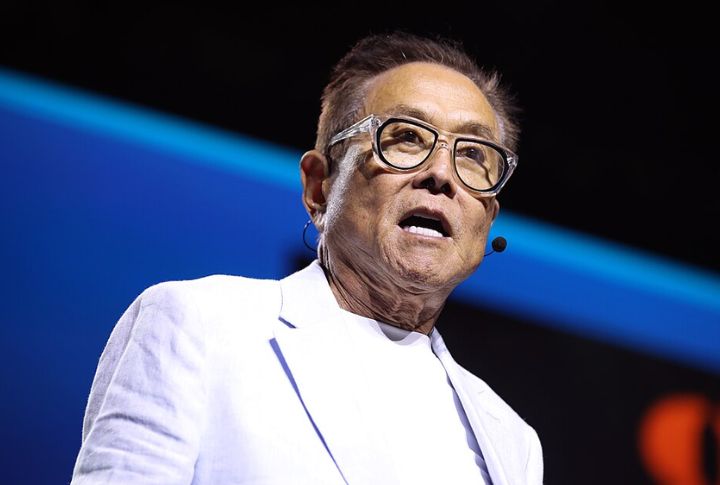
Robert Kiyosaki, the bestselling author of “Rich Dad Poor Dad”, has built a career on calling out the myths of traditional wealth and education. But his latest warning cuts deeper than personal finance. In his view, the United States is heading toward massive unemployment, and the people who think they’re safest may actually be the most at risk.
In a recent post, Kiyosaki called artificial intelligence “the biggest change in modern history,” predicting that it will wipe out millions of jobs once thought untouchable. “AI will cause many smart students to lose their jobs,” he said, pointing to a growing disconnect between what schools teach and what the modern economy truly rewards.
The End Of The “Safe Career” Era
For generations, the American dream was built around a simple equation: get a degree, find a stable job, and work your way up. But Kiyosaki argues that the equation no longer holds. College graduates, once guaranteed a head start, now enter a marketplace where algorithms decide whose skills still matter. Industries like law, accounting, marketing, and finance (long considered “safe bets”) are seeing roles replaced or reduced by AI tools that can do in seconds what used to take hours.
That, he warns, makes educated workers the most vulnerable. The irony is sharp: the very people who followed the rules and borrowed heavily to do so may find themselves edged out first.
When “Smart” Becomes The New Risk
Kiyosaki’s message isn’t an attack on education but a reality check on dependence. The traditional path worked when technology changed slowly. But AI is exponential. It learns, adapts, and replaces faster than any workforce can retrain.
This is why white-collar workers are entering a phase of instability that used to belong only to blue-collar labor. The security gap has flipped. As Kiyosaki’s outlook implies, AI doesn’t care how smart you are—it only cares how replaceable your job is.
The Debt Trap And The New Workforce Divide
What makes this moment particularly dangerous is how deeply debt and education have intertwined. Many young Americans enter adulthood burdened with loans, expecting to pay them off through the very jobs that AI is now absorbing. That combination creates what he calls a “new depression for the educated class.”
However, the coming divide won’t be between rich and poor. It will be between adaptable and rigid. Those who depend solely on a paycheck may struggle most as automation expands, while people who understand how to generate income independently will stand on firmer ground. In other words, wealth in the future won’t be built by intelligence alone but by flexibility.
Preparing For A Different Kind Of Job Market
Despite his alarmist tone, Kiyosaki isn’t forecasting the end of opportunity. He believes the workers who thrive in the new era will be the ones who actually treat skills like assets instead of credentials. Learning to pivot and building multiple income streams are survival strategies.
He points to his own “Rich Dad” philosophy: that wealth doesn’t come from a paycheck, it comes from understanding how money works and how to make it work for you. In a world where entire professions can vanish with a software update, that mindset could be the only real job security left.
Success Belongs To The Adaptable
Kiyosaki’s warning sounds dramatic, but the signs are already visible: automation in customer service, AI in journalism, and algorithms managing finances.
The future doesn’t punish the educated, though. It punishes the unprepared. Those who keep learning and evolving will find new ways to succeed, even in a scene that looks nothing like the one they trained for. Because in the end, the real threat is refusing to change when everything else already has.
